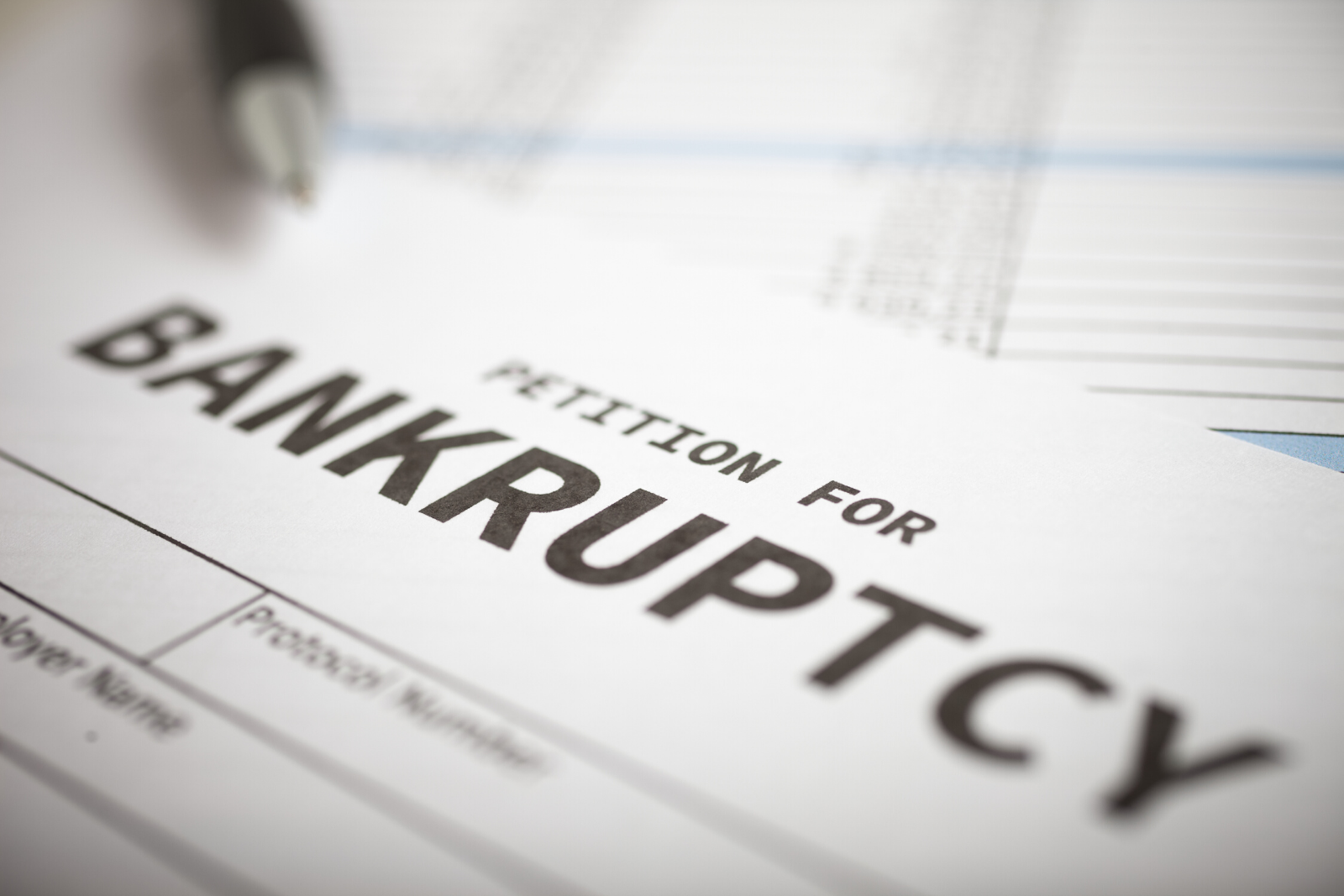Nothing is more stressful than the looming darkness of money woes. Especially when it has gotten to the point when declaring bankruptcy is the only viable option to begin turning your life or your business around. With the help of a lawyer, navigating the waters can be less challenging than going on your own.
When you declare bankruptcy – a court proceeding is called in which a judge and court trustee will review your assets and liabilities. From there, they will determine whether or not to discharge the debts owed, legally freeing you of having to repay them.
Luckily, bankruptcy laws were made for those whose finances have declined a chance to start over. No matter if it was a wrong decision or pure bad luck, in today\’s capitalistic economy, both consumers and businesses alike deserve a second chance.
According to debt.org, most of the bankruptcy suits filed were given another chance. \”The American Bankruptcy Institute (ABI) did a study of PACER stats (public court records) from 2016. It found that 95.5% of the 499,909 Chapter 7 bankruptcy cases decided that year were discharged, meaning the individual was no longer legally required to pay the debt.\”
There were just 22,388 instances in which the judge or court trustee felt as if the individual had enough resources to pay off their debts.
What should I do before I file for bankruptcy?
When you feel overwhelmed with debt – there are a few steps you should take before you submit bankruptcy claims. You should only file bankruptcy after you\’ve exhausted all other options, or if your debts are so overwhelming, you have no other choice.
Filing for bankruptcy is a significant decision to make – and you don\’t want to go into it blind. Here\’s what you should do before you take action:
- Organize your paperwork
Make a list of all debts. That includes mortgages, student loans, and even child support. For each of these, find the paperwork that verifies the amounts. This is information you\’ll need before you talk to a lawyer or financial coach.
- Review your options
Before you file, try to get as much of your debt paid off as you can. If this means going on a strict budget, it\’s time! Get on a bare-bones budget. Talk with creditors about lowering interest rates or getting better terms. Move to a smaller place. Get an extra job to pay the bills. Speak with a financial advisor. You get the idea.
- Find a lawyer ideal for your situation
While any attorney can handle a bankruptcy, find ones who are experts in this litigation. In an interview with Melissa A. Herman, an Atlanta-based bankruptcy lawyer on bankrate.com, Herman explained the importance of not looking for a lawyer who has been around the longest.
\”The better question to ask would be: What percentage of the lawyer\’s practice constitutes bankruptcy and how many cases has the lawyer filed,\” says Tuohey-Kay. \”If a print ad lists ten different practice areas that include everything from municipal work, general litigation, and bankruptcy, I would keep looking. Find someone with a more limited practice.\”
What\’s the difference between Chapter 7 and Chapter 11 Bankruptcy?
If Your Business is Filing for Bankruptcy:
Chapter 7 case is the last step in shutting down your company. Those that file under Chapter 7 receives the protections of the automatic stay, as well as the benefits of all bankruptcy protections while going through Chapter 7 liquidation.
While Chapter 7 does not allow the business to continue operating, Chapter 11 does. A Chapter 11 debtor usually proposes a plan of reorganization that involves a corporation or partnership, to keep its business alive and pay creditors over time.
If you are Filing for Bankruptcy:
Chapter 7 bankruptcy not only the most common type of consumer bankruptcy, but it is also the fastest. This will resolve an overwhelming amount of debt with the protection of a federal court. While you will likely give up assets such as expensive vehicles or jewelry, many do not. This forgives most unsecured debts like medical bills, credit card debt, or personal loans.
Though some forms of debt, such as back taxes, alimony and child support are not likely. Be warned – Chapter 7 bankruptcy will leave some damage on your credit reports for ten years, making it more challenging to receive credit.
Individual debtors can use Chapter 11 bankruptcy to restructure their financial affairs by submitting a bankruptcy plan for Court approval. Although Chapter 11 bankruptcy is meant for more significant bankruptcy cases, making it much more complicated and expensive.
Whether you\’re feeling helpless or need help finding the right lawyer for your bankruptcy case, start your search on LegalBreeze! LegalBreeze makes finding a lawyer simple. Search, sort, and instantly connect with local lawyers based on price, expertise, location, and more.
Find a highly qualified bankruptcy lawyer
